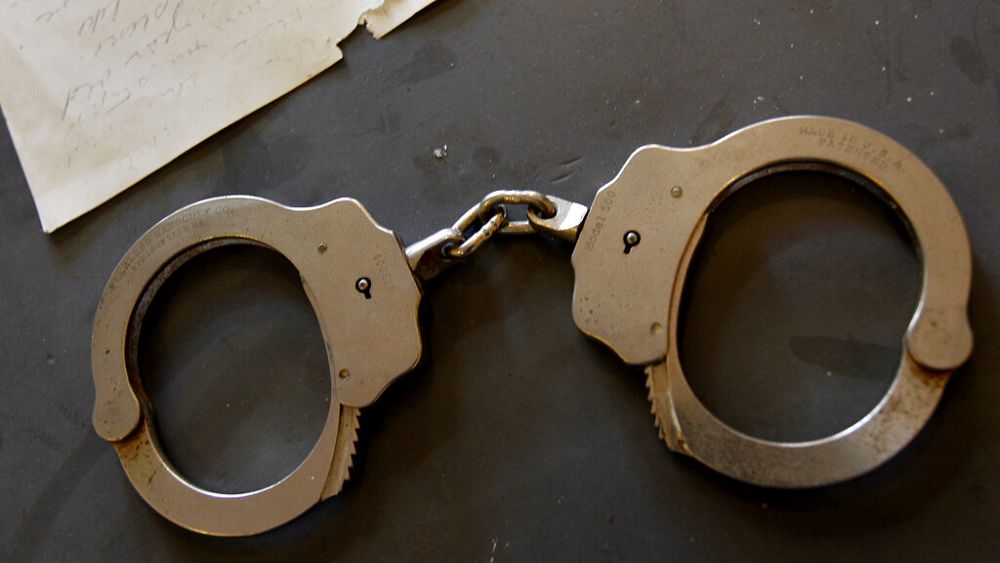
British citizens stand to lose the most should the country pull out of the European Convention on Human Rights (ECHR), an expert has warned.
The ECHR is a landmark international treaty designed to protect human rights and basic freedoms in Europe.
Members of the British government have said they want to pull out of the ECHR to allow for a highly controversial crackdown on migration.
Unveiled last week, London’s plan to detain and remove people who arrive «irregularly» on small boats by crossing the Channel is likely to violate protections ensured by the treaty, such as limits on detention and nonrefoulement.
«The whole conversation is about what this [exiting the ECHR] would enable the UK to do to outsiders, such as migrants and asylum seekers,» said Miriam Ronzoni, Professor of Political Theory at the University of Manchester.
«All of this is worrying and morally abhorrent, but one thing the government and Tory backbenchers in favour of leaving the ECHR are conspicuously silent about is that most cases brought to the ECHR are cases about human rights violations committed by states against their own citizens.»
«In other words, it is also, or perhaps mainly, UK citizens who stand to lose a lot in terms of human rights protections,» she added.
On Tuesday, Britain’s interior minister Suella Braverman said she could not make a definitive statement on whether the ‘Illegal Migration Bill’ was compatible with the ECHR.
Describing the current process as «deeply flawed», she said the government had “initiated discussions” with the ECHR, following its intervention last year to block plans to send some asylum-seekers to Rwanda.
«For me, the issue is that [the ECHR] is being weaponised to ‘get back control of our border’, whilst the most significant implications would be for the UK public itself,» said Ronzoni.
Founded in 1959, the ECHR was drafted by British lawyers, following the devastation of the Second World War.
Articles of the treaty prohibit torture, slavery and forced labour, while ensuring people have a right to security, liberty and a fair trial, amongst other things.
Anyone who feels their rights have been violated by a state can take their case to the court, based in Strasbourg, which will then rule whether the state should pay compensation.
It can also oblige states to make changes to ensure the same thing does not happen again, but the court is not empowered to overrule national decisions or annul laws.
Britain’s wartime leader Winston Churchill was a staunch supporter of the ECHR, believing the treaty played a key role in protecting citizens from cruel and inhumane treatment by despotic governments within continental Europe.
Some 47 states have signed up to the ECHR, including most of Europe, Russia and Turkey.
Only two countries have ever left the ECHR: Greece, following a military coup which abolished democracy and imposed a junta; and Russia, which was kicked out after invading Ukraine.
This week legal experts warned the UK’s Brexit trade agreement with the EU «could be terminated» if the UK quit the ECHR.

